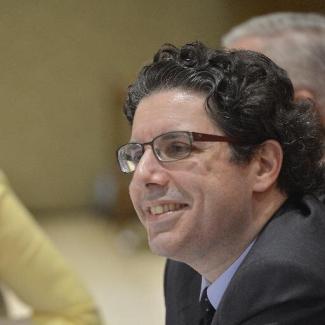Public infrastructure procurement in post-conflict power-sharing arrangements: Evidence from Lebanon’s Council for Development and Reconstruction
-
Mahmalat-et-al-2021-Final-Report.pdf
PDF document • 776.77 KB
Post-conflict power-sharing arrangements not only allocate political power but also economic resources among powerful elites. Previous research on such economic arrangements has largely focused on the access of powerful elites to natural resources, such as to oil fields or mines. This article investigates the mechanisms of rent allocation of another major source of revenues: Public procurement of large infrastructure projects.
We analyse a unique dataset of all infrastructure procurement contracts awarded between 2008 and 2018 by Lebanon’s Council of Development and Reconstruction (CDR), the major state institution to finance and implement large infrastructure projects after the country’s civil war (1975-1990). We qualify the extent to which politically connected firms capture higher project values by differentiating their “quality” of connections. We find that connected firms capture higher project values, however, only those firms that are directly connected to the board of CDR and their political protégés, rather than firms connected to the wider set of powerful political elites. We argue that the arrangements to share economic resources based on such formal state institutions are upheld by norms of power-sharing behaviour. The case of CDR moreover illustrates that efforts for capacity building via international donors or technical interventions are unlikely to yield the desired results in the absence of reforms to enhance accountability of elites.
Disclaimer: The views expressed in this report are those of the authors based on their experience and on prior research and do not necessarily reflect the views of the IGC.




